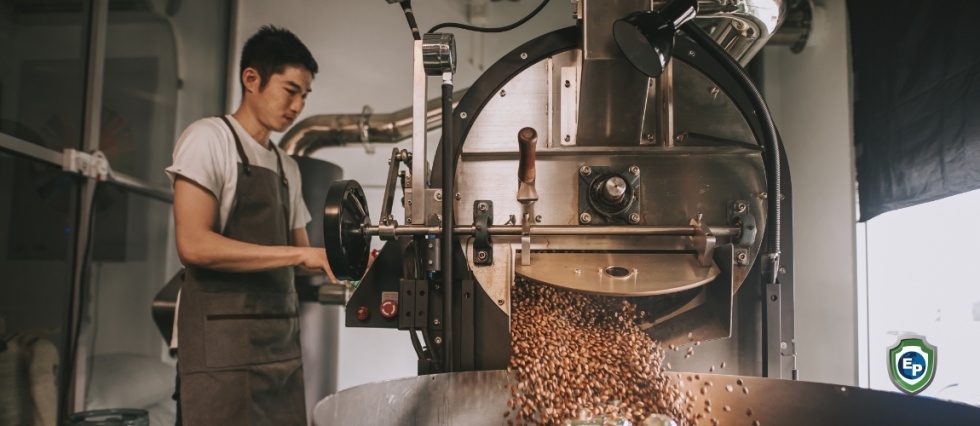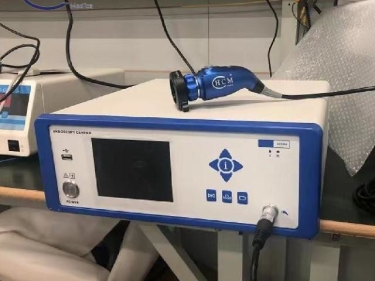Optimism Among Food and Drink Manufacturers to Be Tested as Economic Conditions Deteriorate
The economic slowdown is set to test optimism among food and drink manufacturers. The latest data from the UK's Food and Drink Federation show that a number of companies are more pessimistic.

The UK’s economy shrank by 11% in 2020, representing the worst economic decline since 1709. While the economy recovered somewhat in 2021, the hit of the Omicron coronavirus variant spurred on another decline. During this challenging period, key players in the UK food and drink industry have remained optimistic despite the negative impact of Covid-19 and Brexit on the economy. However, that optimism is now being challenged as economic conditions worsen.
Fears that manufacturers will not overcome the unprecedented labor crisis
Research of 101 leaders in the UK food and drink manufacturing sector has revealed that almost 8 out of 10 respondents feel positive about their business’s prospects in the coming year, despite the lingering effects of the Covid-19 pandemic and Brexit. Just over half also expect an increase in profitability in the coming 12 months, defying the economic downturn the UK currently faces. Finally, a third of respondents reported that they believed that investment in production will result in opportunities to grow sales.
However, despite the industry’s optimism, as the UK’s economic situation worsens, manufacturers may begin to worry about the security of their revenue. Inflation in the UK continues to rise at its fastest rate in 40 years, which is causing profit margins across industries to suffer and is putting investment plans in jeopardy.
Currently, food and drink represents the largest manufacturing industry in the UK, exporting roughly £20 billion in goods each year. The sector relies on around 4.2 million employees, however, the majority of businesses (61%) in the industry are currently experiencing difficulties in recruitment. Over recent years there has been a labor shortage in the sector of around half a million employees. Much of this shortage can be attributed to the impact of Brexit on EU workers and the disruption caused by the Covid-19 pandemic. Over 190,000 EU nationals left the UK in 2021, following the departure of 260,000 the year previous, most of which occurred during the first national lockdown.
Food and drink manufacturers must be innovative and resilient to overcome worker shortages, as there are fears that failure to do so will permanently shrink the sector.

Automation offers hope of resolving worker shortage
Automation may help food and drink manufacturing overcome worker shortages. As the Internet of Things (IoT) matures, it is being increasingly implemented in all sectors. Manufacturing, in particular, has leveraged this technology in order to automate many of its processes. In manufacturing, automation is replacing tasks that previously would have been completed by human workers. By automating tasks, the burden of worker shortages is reduced. In addition, implementing automation can provide long-term support for manufacturing companies, ensuring that they can plan ahead without having to factor in possible losses to the workforce.
Therefore, although the UK economy will likely face tough times ahead, the optimistic food and drink manufacturing sector may be able to hold onto its positive disposition by leveraging new technology to overcome its current major challenges. This will be beneficial to supporting the UK economy by boosting one of its key sectors, as well as facilitating global trade, due to the high percentage of UK exports that food and drink products account for.
Learn More with Export Portal
At Export Portal, we aren’t just a comprehensive trade platform for you to buy and sell global products on. We also know how important it is for our users to stay informed on the various updates in international trade. Subscribe to our newsletter today for the latest B2B export news!


















Comments 1